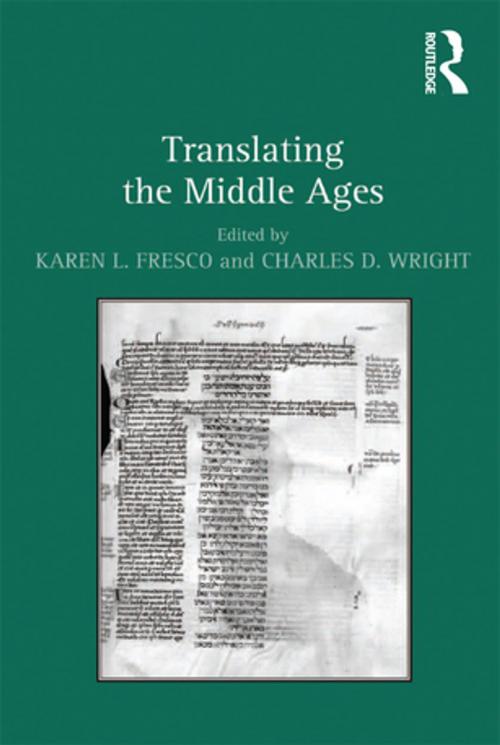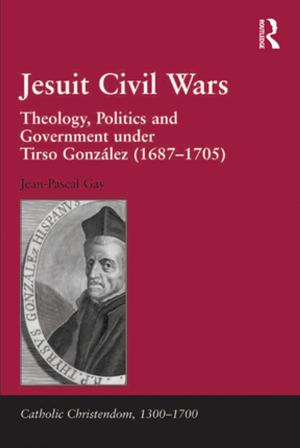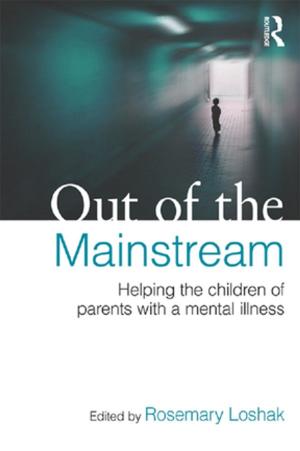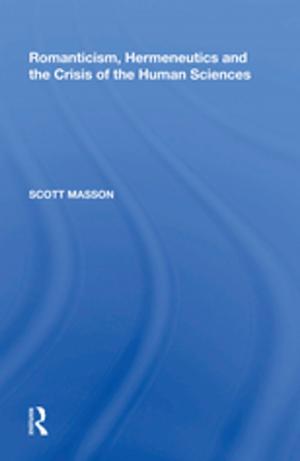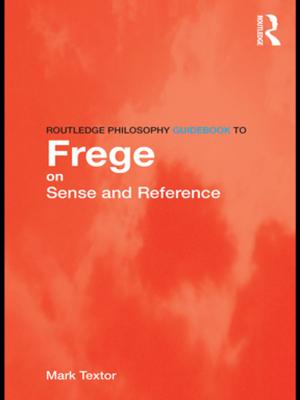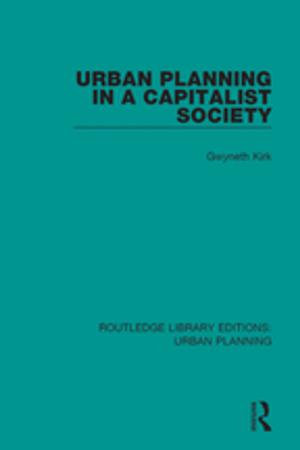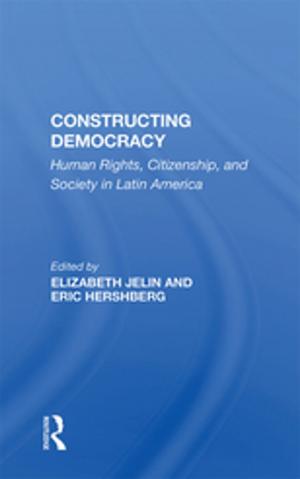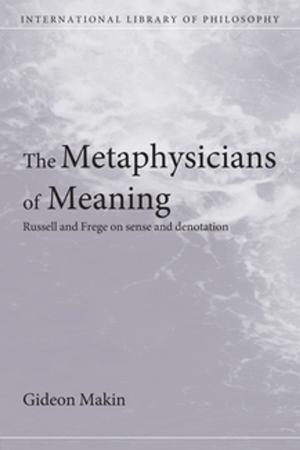| Author: | Karen L. Fresco | ISBN: | 9781317007203 |
| Publisher: | Taylor and Francis | Publication: | February 17, 2016 |
| Imprint: | Routledge | Language: | English |
| Author: | Karen L. Fresco |
| ISBN: | 9781317007203 |
| Publisher: | Taylor and Francis |
| Publication: | February 17, 2016 |
| Imprint: | Routledge |
| Language: | English |
Drawing on approaches from literary studies, history, linguistics, and art history, and ranging from Late Antiquity to the sixteenth century, this collection views 'translation' broadly as the adaptation and transmission of cultural inheritance. The essays explore translation in a variety of sources from manuscript to print culture and the creation of lexical databases. Several essays look at the practice of textual translation across languages, including the vernacularization of Latin literature in England, France, and Italy; the translation of Greek and Hebrew scientific terms into Arabic; and the use of Hebrew terms in anti-Jewish and anti-Muslim polemics. Other essays examine medieval translators' views and performance of translation, looking at Lydgate's translation of Greek myths through mental images rendered through rhetorical figures or at how printing transformed the rhetoric of intervernacular translation of chivalric romances. This collection also demonstrates translation as a key element in the construction of cultural and political identity in the Fet des Romains and Chester Whitsun Plays, and in the papacy's efforts to compete with Byzantium by controlling the translation of Greek writings.
Drawing on approaches from literary studies, history, linguistics, and art history, and ranging from Late Antiquity to the sixteenth century, this collection views 'translation' broadly as the adaptation and transmission of cultural inheritance. The essays explore translation in a variety of sources from manuscript to print culture and the creation of lexical databases. Several essays look at the practice of textual translation across languages, including the vernacularization of Latin literature in England, France, and Italy; the translation of Greek and Hebrew scientific terms into Arabic; and the use of Hebrew terms in anti-Jewish and anti-Muslim polemics. Other essays examine medieval translators' views and performance of translation, looking at Lydgate's translation of Greek myths through mental images rendered through rhetorical figures or at how printing transformed the rhetoric of intervernacular translation of chivalric romances. This collection also demonstrates translation as a key element in the construction of cultural and political identity in the Fet des Romains and Chester Whitsun Plays, and in the papacy's efforts to compete with Byzantium by controlling the translation of Greek writings.
